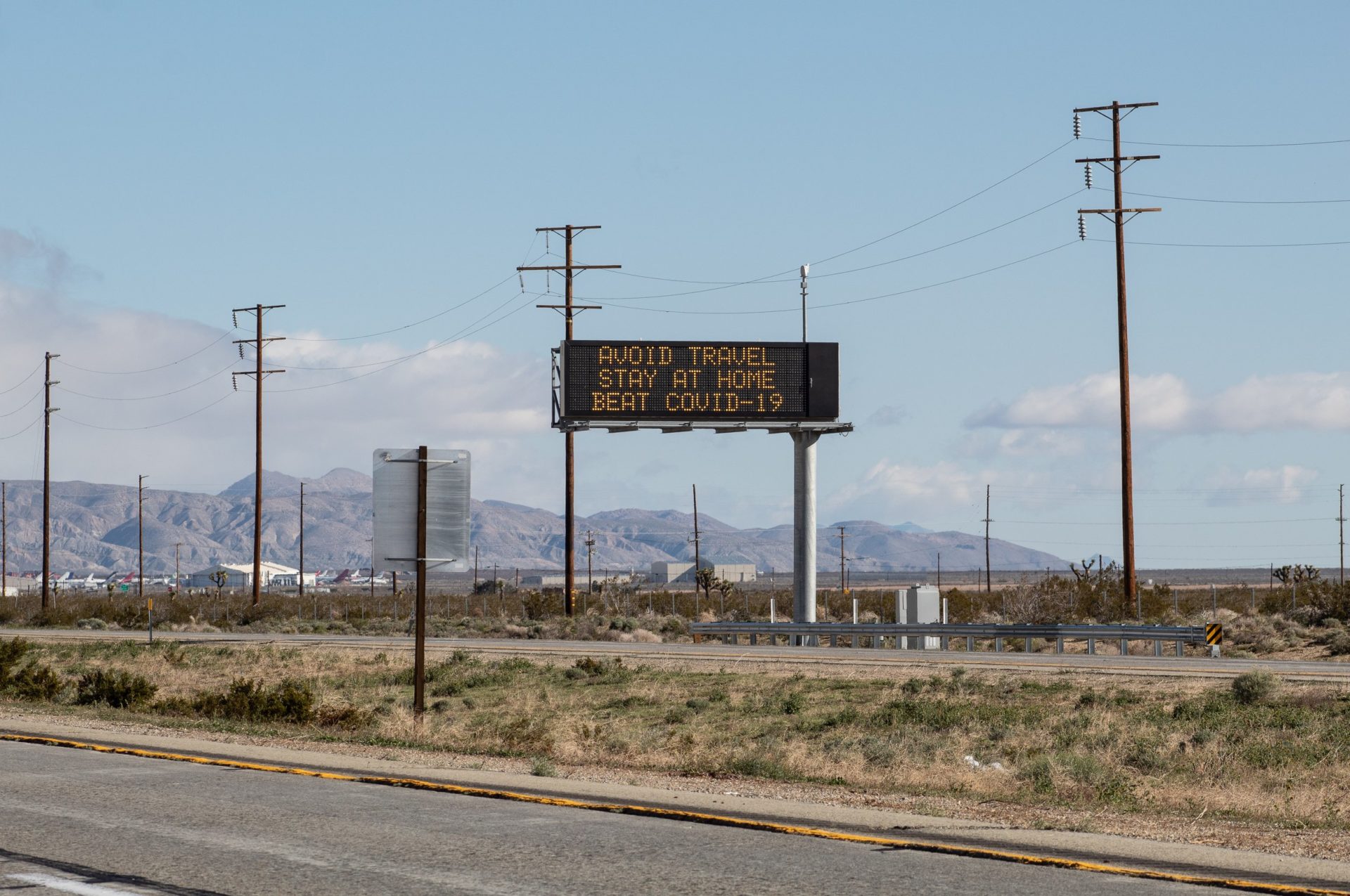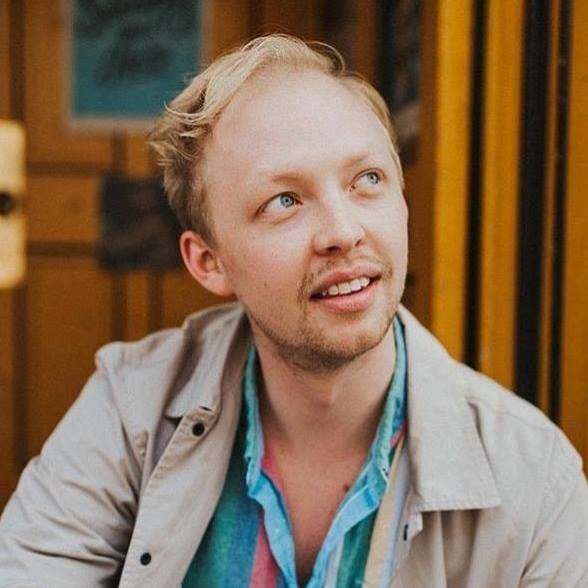
In a cruel twist of fate, news broke over the Thanksgiving weekend that scientists in South Africa and Botswana have detected a new variant of the coronavirus that has sent shockwaves through the international community spurring border closures and travel restrictions just weeks away from the end-of-year holidays. Dubbed “Omicron” by the World Health Organization, scientists have identified at least 50 new mutations – roughly 30 of which are mutations of the spike protein, the part of the virus which our antibodies target in our immune response. In comparison, the more recent Delta variant has 10 mutations, while the lesser-known Beta variant had 6.
These initial genetic traits have the international scientific community scrambling to get a better grasp of the virus. While more credible data is needed to provide definitive answers, initial reactions from experts indicate that the virus could be more transmissible and more deadly than older variants. “This variant is completely insane.” Andrew Rambaut of the University of Edinburgh said when initially reacting to genome sequence found in three samples collected in Botswana. (Fantastic explanatory journalism detailing what we know about the new variant can be found here and here.)
In light of this new revelation, President Biden spoke on Monday calling the new variant “a cause for concern, not a cause for panic.” But despite the call for a measured response, fear and isolationism have gripped much of the global community. The United States and the rest of the international order were quick to slam their borders shut to any county at risk of containing omicron cases. As of Tuesday morning, the US, Canada, the United Kingdom, the European Union, Japan, Isreal, Australia, and others have implemented sweeping travels bans.
Many world leaders implementing such bans have admitted that flight restrictions were designed not to stave off omicron, but to give their countries time to develop a plan for its inevitable arrival. Biden, too, admitted that the US would have to face this new threat. ““[W]hile we know that travel restrictions can slow the spread — they cannot prevent it,” Biden tweeted on Monday.
Dr. Margaret Harris, a public health doctor and a spokesperson for the World Health Organization, told NPR’s Morning Edition that travel restrictions give countries some “breathing space”; however, the efficacy of such restrictions is temporary. Research shows that a ban will only stave off the virus only a week or two unless coupled with strict quarantine and testing requirements.
Then, nine days later on Wednesday afternoon, the CDC announced that the first case of Omicron was found in the US. The patient was a fully-vaccinated traveler who returned to California from South Africa on November 22nd. And while they are currently in isolation and undergoing “aggressive” contact tracing, there is virtually no chance that this new variant will not be able to enter the United States.
“Unfortunately, from what we know about the epidemiology of SARS-CoV-2 and the epidemiology of this variant, the horse has probably left the barn,” Saad Omer, director of the Yale Institute of Global Health, told NPR.
So, travel bans were only able to stave off omicron for a little more than a week (if at all), which begs the question: Are they even worth the trouble?
Many health officials and medical experts don’t think so. Two studies – one in Science journal and another in the Journal of Emergency Management – concluded that there is little evidence that travel restrictions will ultimately control the virus and should only be implemented if recommended by the World Health Organization (WHO). In the case of the omicron variant, the WHO released a statement calling for borders to remain open. “Travel restrictions may play a role in slightly reducing the spread of COVID-19 but place a heavy burden on lives and livelihoods,” the statement read.
But perhaps the greatest damage done is to the global community’s commitment to scientific transparency. Early, accurate reporting plays a crucial role in enabling the global community to not only prepare for outbreaks but also to share genetic sequences and other information that can enable a comprehensive response. China, for example, drew the ire of the international community for covering up the extent of its SAR outbreak in 2003 and has been criticized for hampering a full WHO investigation of the Wuhan Institute of Virology regarding the emergence of COVID-19.
South Africa and Botswana, on the other hand, were extremely transparent in notifying the rest of the international community of omicron. Tulio de Oliveira, the director of the Centre for Epidemic Response and Innovation at Stellenbosch University in South Africa and the scientist responsible for alerting the WHO, told The New Yorker that South Africa collected its first known specimen of omicron on November 9th, became aware of its alarming mutations on the 19th, and notified the WHO two days later.
But rather than celebrating these nations for their transparency, they have been largely met with tangible economic and cultural repercussions. Last week, South Africa’s currency fell to the lowest point since October of 2020, and shares of already struggling hospitality companies were hit especially hard. Nicole Everett, the lead author of the previously mentioned Journal of Emergency Management study, also noted that travel bans can exacerbate racism and xenophobia. In the early days of the pandemic, Asian communities around the world were subjected to unprecedented levels of prejudice, and travel bans could usher in similar discrimination for African diasporas.
Other nations are watching, and the worst possible scenario would be that nations are now incentivized to not report new variants or other outbreaks in the future. “You don’t want a situation where, a month from now, a country health minister … gets a result of sequenced virus and they say, ‘OK, if it is that widespread, it’s going to come out anyways from some other country, why be the first one?’ And that cycle starts,” Dr. Omer of Yale told NPR.
Rather than report to isolationist border policies, experts say that the international community should double down on its push to address vaccine inequality. According to the WHO, wealthy countries like the United States have hoarded close to 80% of the world vaccine supply while less than 1% have gone to poorer nations. Alarming new variants like omicron are able to emerge as long as they have room to mutate, which would be increasingly difficult if countries raise their rate of vaccination. As such, vaccinating poorer nations should be a priority for the United States and other rich nations – not only as a matter of ethics but science. If they do not, newer, deadlier variants will inevitably emerge.
James Meadows
The managing editor of Smerconish.com, James joined the team after a year of service working as a creative writing fellow at a high school in North Philadelphia. He graduated from the University of Pennsylvania in May of 2019, receiving the Carolyn Marvin Award for “advancing our understanding of the importance of free speech and assembly in a democratic society.” A passionate journalist, James has done stints with The Philadelphia Inquirer, The Philadelphia Citizen, WHYY, and others. Today, he is in charge of managing the website, preparing the morning newsletter, and editing all of the written submissions from the Smerconish community!







